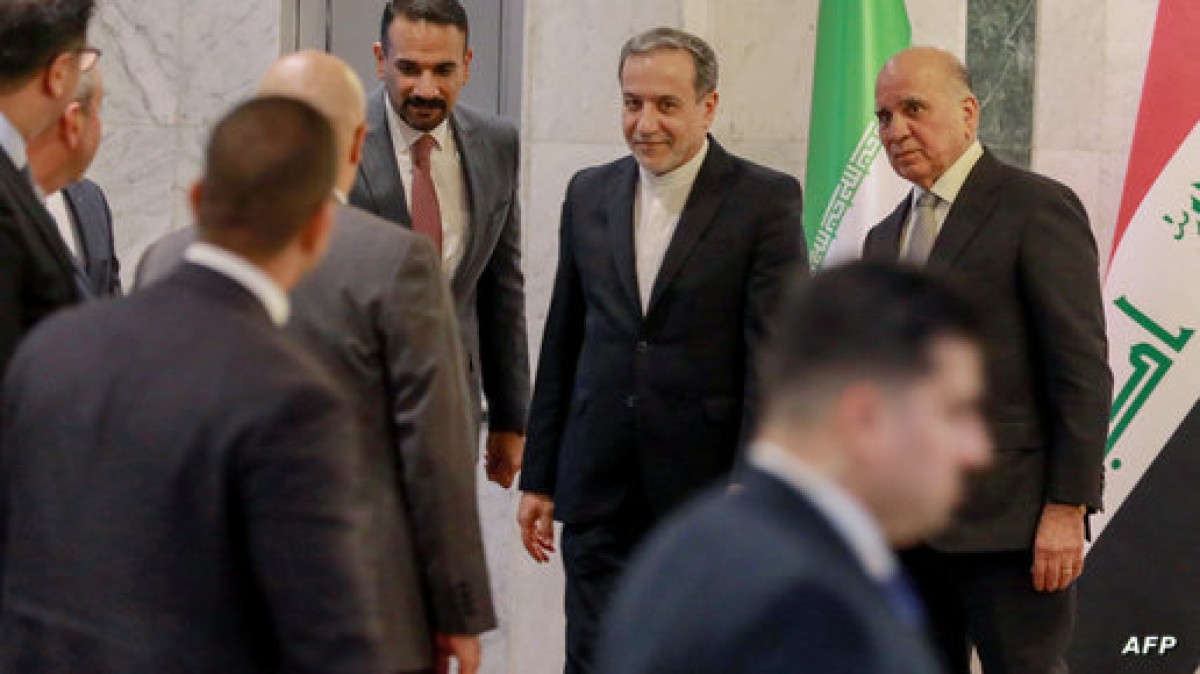Iraq refuses to use its lands with the Israeli response


Iraqi Foreign Minister Fuad Hussein said on Sunday that his government seeks to keep Iraq outside the framework of any war in the region, noting that the decision on war and peace is subject to the Iraqi state with its three authorities only.
Hussein added, during a press conference held in Baghdad with his Iranian counterpart, Abbas Araghchi, that the Iraqi government “warned of the expansion of the war,” stressing its refusal to use Iraqi territory to target neighboring countries, according to what was reported by the official news agency (INA).
p>Hussein continued that the continuation of the war and its expansion towards Iran, and Israel’s exploitation of Iraqi airspace as a corridor “is completely unacceptable and rejected.”
For his part, Araqchi stressed that Iran is not looking for escalation in the region, and is “ready for peace.”
He said that his visit to Iraq comes within the framework of the effort “to stop the Zionist aggression against Lebanon and Gaza,” calling on the international community to care for the displaced in both.
Araqchi considered that the region faces “serious challenges,” noting that “there is a possibility of an escalation in the region, considering that its reason is Israel’s aggression against Gaza and Lebanon.
On the .
He added while he was in Baghdad, "While we have made tremendous efforts in recent days to contain an all-out war in our region, I say clearly that we have no red lines in defending our people and our interests."
A senior Iranian official and diplomat told Reuters that Iran warned Saudi Arabia during meetings this week that it could not guarantee the safety of the kingdom's oil facilities if Israel received any help to carry out an attack.
Iraqi Deputy Prime Minister Fuad Hussein also said that “the occurrence of war in the region threatens international civil peace,” and the outbreak of war may lead to “an energy crisis and a threat to shipping traffic.”
Therefore, according to Hussein, the preparation for targeting specific sites in Iran by Israel is a “dangerous matter,” as he put it, adding that what he described as the Israeli “aggression” against Lebanon and Gaza “threatens the stability of the region.”
On October 1, Iran launched about 200 ballistic missiles at Israel in response to the assassination of the head of the Hamas political bureau, Ismail Haniyeh, in Tehran, which was attributed to Israel, and the Secretary-General of the Lebanese Hezbollah, Hassan Nasrallah, along with a senior leader in the Iranian Revolutionary Guard, Abbas. Nilforshan.
Since then, many influential parties in the conflict in the Middle East have been anticipating the Israeli response, with great concern that it might lead to the region being plunged into an all-out war.